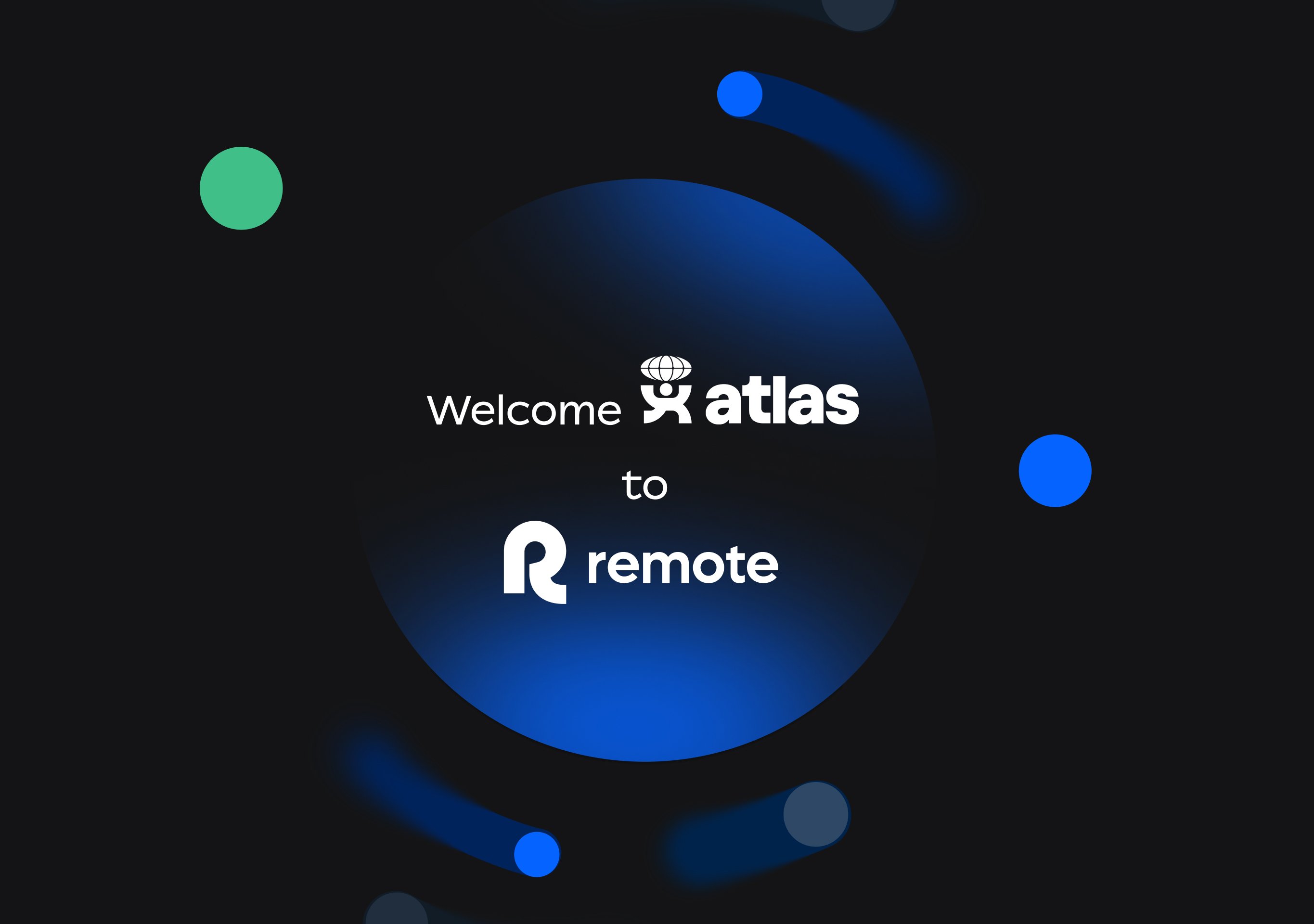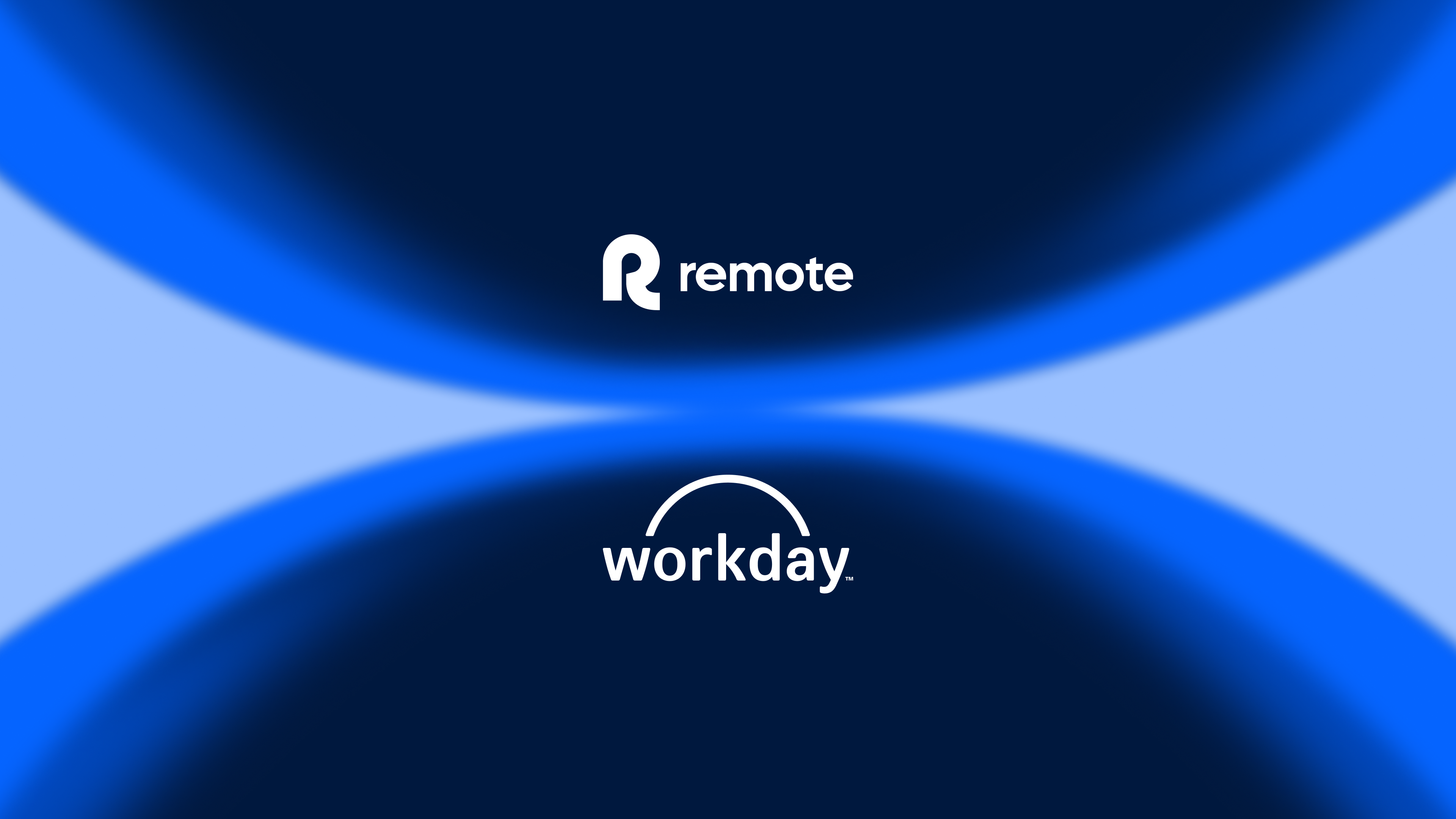
What employers need to know about remote work and permanent establishment
On November 19, 2025, the OECD (Organisation for Economic Co-operation and Development) released its 2025 update to the model tax convention, a... continue readingFebruary 05, 2026
Recent stories
Subscribe for the latest updates
Sign up for our newsletter to get the inside scoop on all things remote work and global employment.
%20Logos%20Library/(Approved)%20Trust%20symbols/lg-xs-g2-reviews-book-demo.webp?width=112&height=114&name=lg-xs-g2-reviews-book-demo.webp)
%20Logos%20Library/(Approved)%20Trust%20symbols/lg-xs-trustpilot-reviews-book-demo.webp?width=122&height=114&name=lg-xs-trustpilot-reviews-book-demo.webp)
%20Logos%20Library/(Approved)%20Trust%20symbols/lg-xs-capterra-reviews-book-demo.webp?width=118&height=114&name=lg-xs-capterra-reviews-book-demo.webp)
%20Illustration%20Library/051-check-star-stamp.webp?width=132&height=128&name=051-check-star-stamp.webp)


%20Blog%20Images/Blog%20Images/changelog-hero-image_english@2x.webp)
-1.png)







